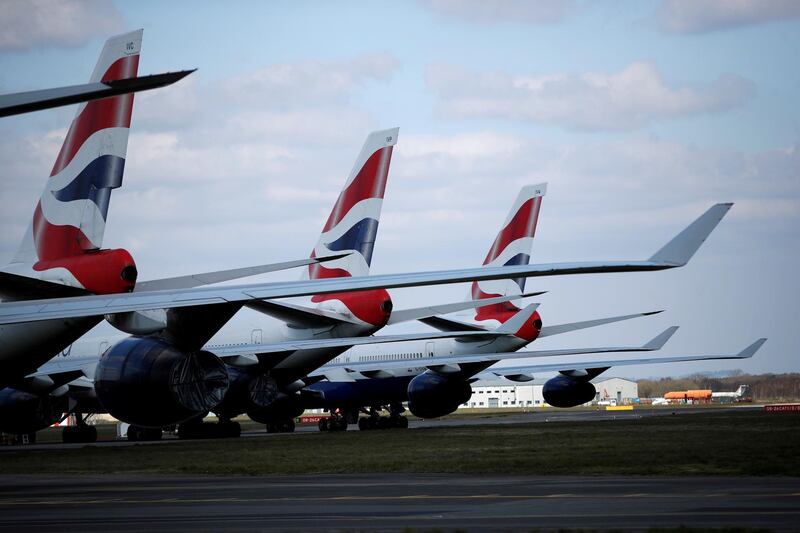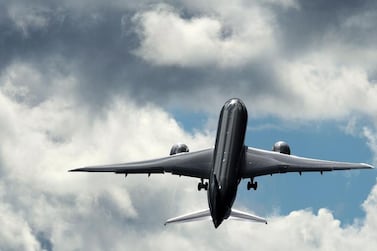Emissions from the aviation sector could be slashed by 38 per cent in 2020 as it faces longer-term pressure to become carbon neutral, according to a study by the Australian Institute.
The disruption to the global aviation sector unleashed by the spread of the coronavirus pandemic has resulted in country-wide lockdowns prompting the grounding of airline fleets and a decline in demand for air travel.
"The Covid-19 pandemic has resulted in approximately 10.3 million tonnes of carbon dioxide CO2 reduction in global air transport. CO2 emissions during February and March, with the remainder of March likely to show further deep falls," the study found.
The International Air Transport Authority estimates a 38 per cent decline in revenue per passenger kilometres, which serves as a yardstick for commercial airline activity. The study estimates a commensurate decline in emissions of 352.7 million tonnes in civil aviation this year, when compared with 2019. The decline in Australia would be around 8.8 million tonnes, the institute said.
A more extreme scenario, involving major airlines such as Qantas and Virgin maintaining cuts to schedules for up to nine months, could lead to emissions in Australia dropping 13.2 million tonnes, or about 56 per cent year-on-year, the institute said.
Airlines worldwide are suspending most or all of their passenger flights, grounding jets and cutting jobs or placing staff on extended leave as they attempt to preserve cash due to heightened travel bans as governments try to contain the spread of the deadly virus.
Infections from the coronavirus, which originated in China, have exceeded 1.1 million cases globally, with more than 58,000 deaths, according to Johns Hopkins University.
"The Covid-19 pandemic has the potential to permanently change flying habits and regulations, in particular regarding business travel," the Austrialian Institute noted.
"Businesses may be attracted to use videoconferencing facilities long after the coronavirus pandemic has eased in an effort to cut costs, cut travel times and improve productivity," it added.
Already precedent has been set with multilateral lenders such as the International Monetary Fund and the World Bank opting for teleconferencing amid the crisis.
Greenhouse gas emissions reduction strategies will also receive a boost noted the institute, which expects airlines to use 2020 as a baseline to offset future emissions.
"Due to the disruption to airlines, and resulting lower emissions caused by the Covid-19 virus in 2020, a low baseline will likely be set. If 2020 is retained as a baseline, airlines may have to offset more emissions than anticipated in the following years," the study noted.
Should airlines adopt this year as a baseline, the aviation sector would follow the lead of the energy industry in setting targets for becoming carbon neutral.
Global emissions relating to energy flatlined for the first time in 2019 as economies continue to make the switch from polluting fuels to cleaner power generation, the International Energy Agency said earlier this year.
The decline in demand for air travel has led to airlines globally requesting assistance from governments in the form of loans, guarantees and grants, with the Australian airline industry already receiving A$715 million ($430m, or Dh1.57bn) in assistance, plus a further regional package worth A$198m.
The IEA's executive director, Fatih Birol, has called for any stimulus packages offered by governments, including those to the aviation sector, to be linked to sustainability, focusing on clean energy technology or emissions reduction, the report added.








